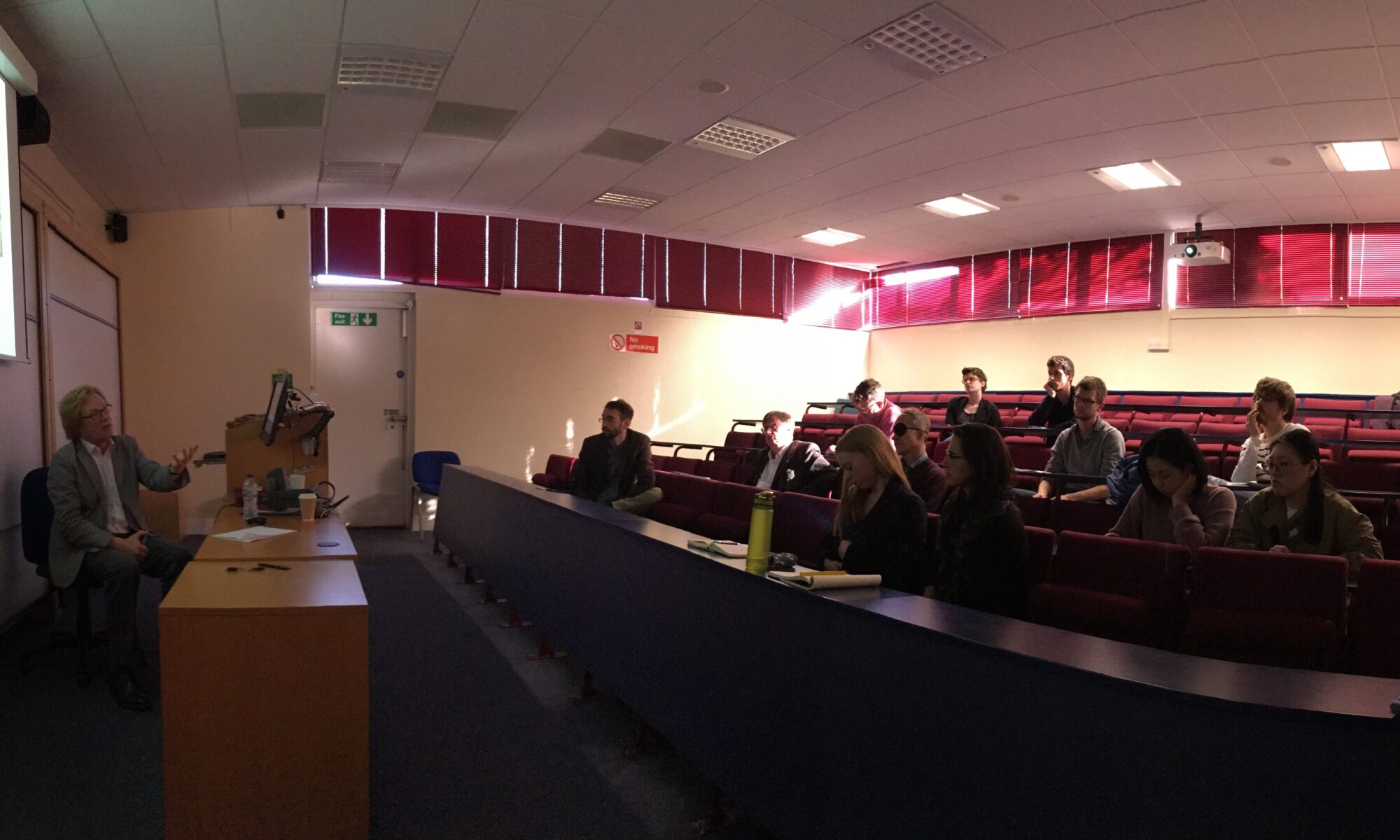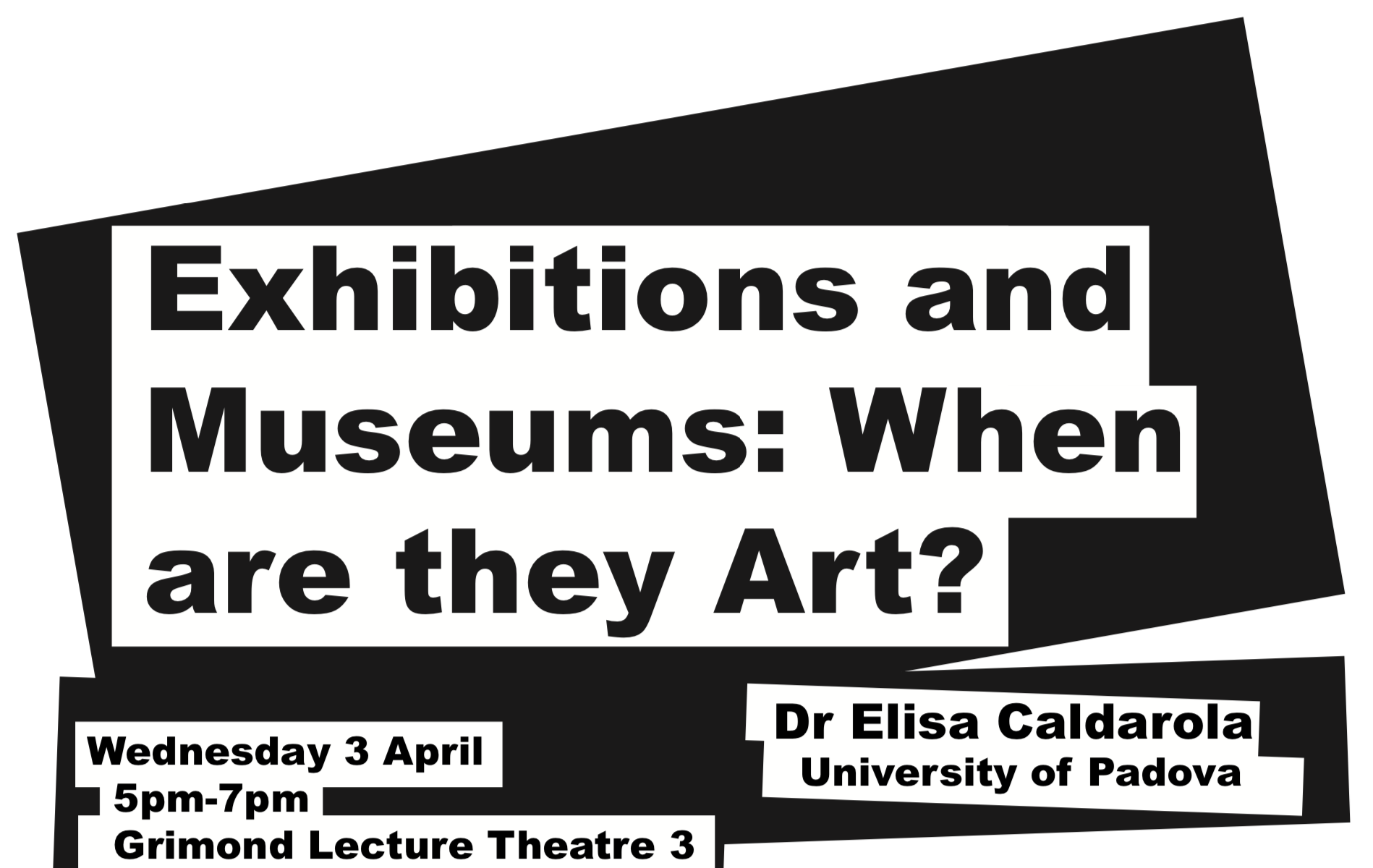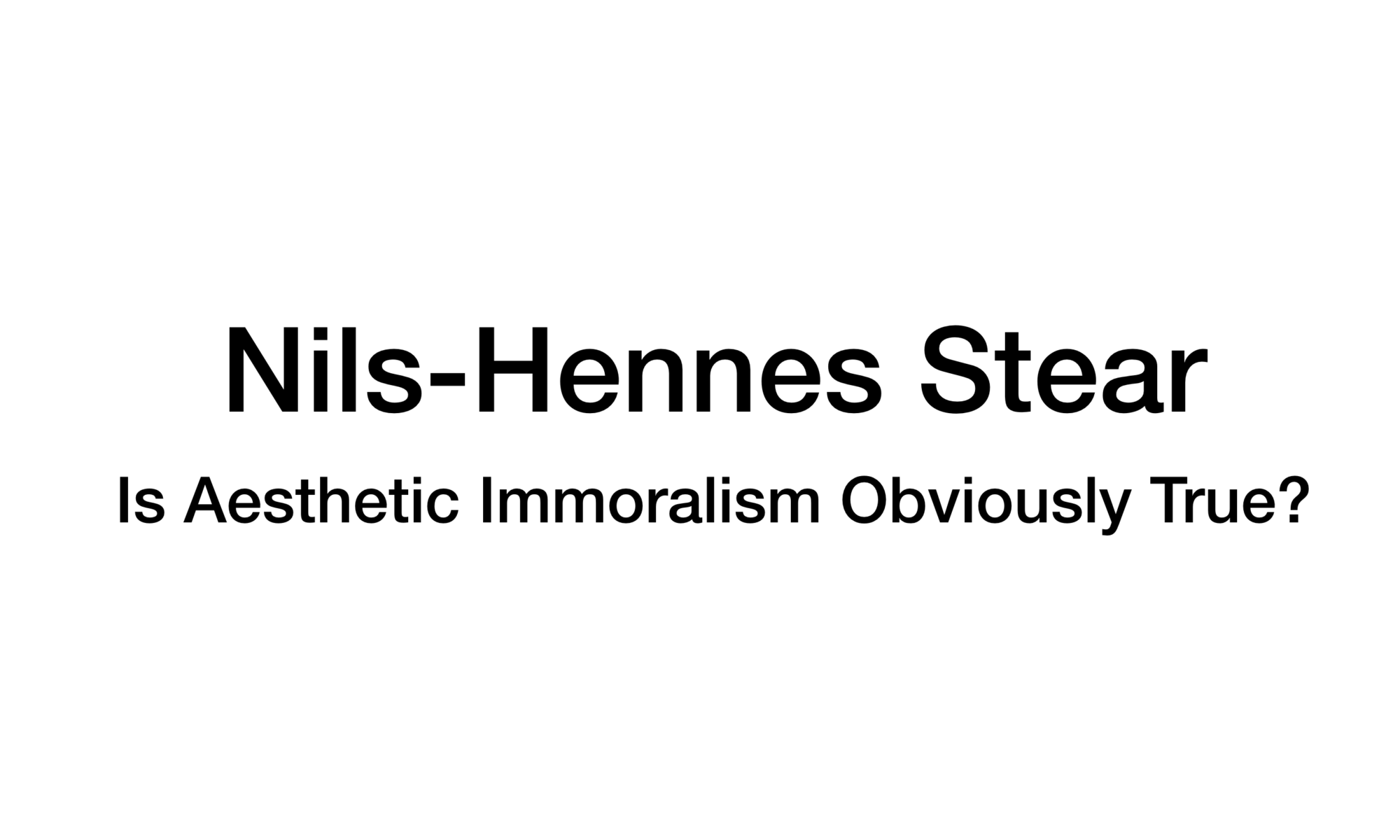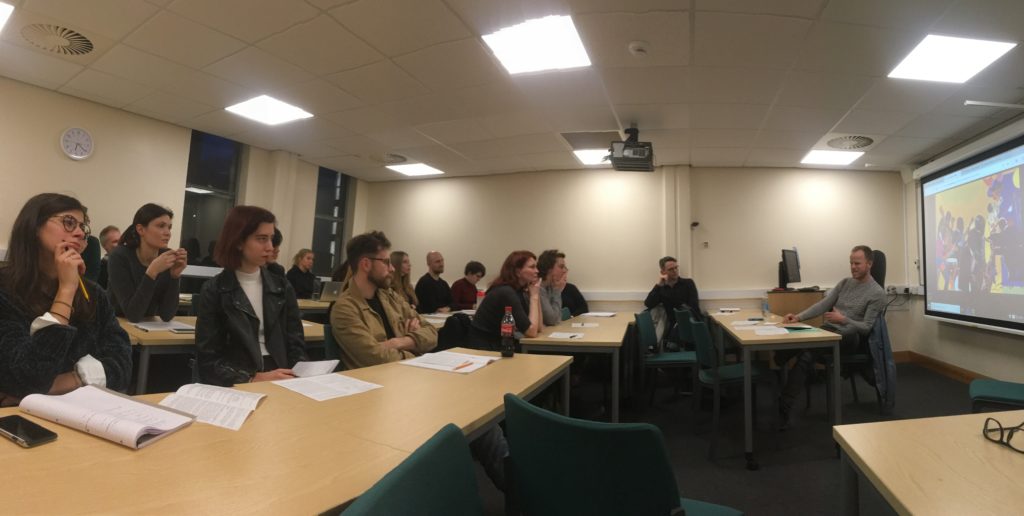Dr Jonathan Friday (University of Kent)
Monday 13th May 2019, 5pm-7pm in Keynes Seminar Room 4, University of Kent
In 1744 James Harris, echoing the Earl of Shaftesbury and prefiguring Lessing’s Loacoon, wrote of pictures that they are ‘of necessity a punctum temporis’, which is to say, they are incapable of representing an interval of time. It has been argued by Gombrich and others that this view is simply contradicted by the evidence of paintings that represent movement, change or events unfolding over time. This paper considers Gombrich’s argument against the punctum temporis view of pictures, Robin Le Poidevin’s reconstruction of it, and the examples that both assume are inconsistent with the punctum temporis view. It is argued that neither argument achieves what its author claims of it, and that, properly understood, the punctum temporis view of pictures is perfectly consistent with the representation of movement and temporally extended events.





